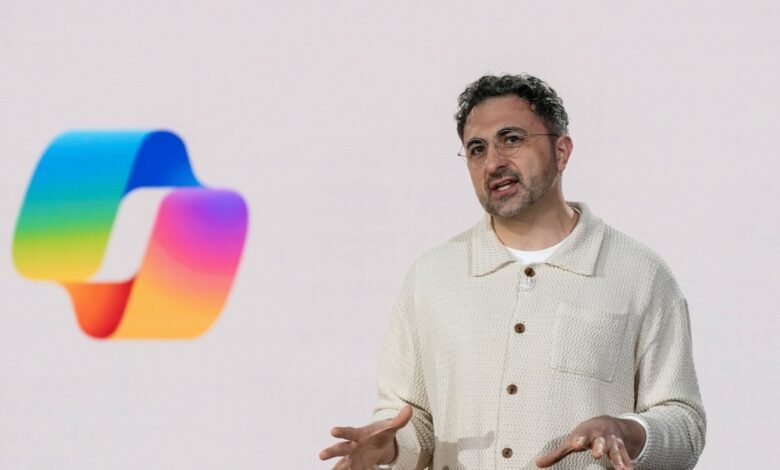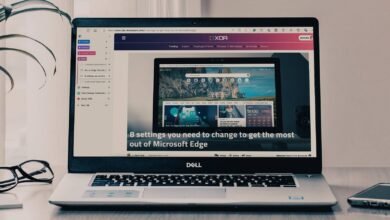Microsoft’s AI CEO Reveals the Browser’s Future

▼ Summary
– Microsoft is developing an “agentic browser” by integrating its Copilot AI directly into Edge to perform tasks like opening tabs and reading content.
– The company’s strategy involves evolving the existing Edge browser with AI features rather than creating an entirely new AI browser from scratch.
– Microsoft believes its approach of letting users watch the AI work in real time creates transparency and builds trust in the AI companion.
– This method ensures web publishers still receive traffic, as the AI visits websites through a standard browser on the user’s behalf.
– Microsoft claims it is ahead of competitors with unique features, like Copilot’s ability to navigate tabs and highlight content, and plans more AI announcements for Edge.
The competitive landscape for AI-powered browsers is intensifying significantly. With Google embedding Gemini into Chrome, Perplexity developing its Comet browser, and Atlassian’s recent $610 million acquisition of The Browser Company, Microsoft is now making its own strategic moves. In a recent discussion, Microsoft AI CEO Mustafa Suleyman detailed the company’s vision for Edge, emphasizing a future where the browser becomes an active partner rather than a passive tool.
Suleyman envisions an evolution of the current browser into what he calls a “true agentic browser.” The strategy centers on Microsoft’s experimental Copilot Mode, which is designed to take direct control of browser functions. Instead of users manually performing tasks, the AI would operate the browser on their behalf, opening new tabs, navigating to websites, and synthesizing information from multiple pages simultaneously. Suleyman describes this as having a helpful assistant shoulder the tedious work of comparing prices or conducting research, with the unique benefit of allowing the user to observe the entire process in real time.
Critically, Microsoft is not planning to build an entirely new browser from the ground up. The approach is to deeply integrate Copilot into the existing Edge experience. Suleyman believes this is a distinct and powerful advantage, bringing advanced AI capabilities to the environment where users already spend their time. This integration is a logical step given Microsoft’s vast Windows ecosystem and the fact that Edge continues to trail Chrome in market share. This method also offers a layer of transparency, as users can watch the AI interact with websites, which Suleyman argues builds essential trust.
This model ensures that when Copilot browses the web, it does so through a standard browser, meaning publishers still receive valuable website traffic. Suleyman highlights that this respects the ecosystem of the open web while delegating the labor of browsing to the AI. Although this concept shares similarities with efforts by Perplexity and Google, Suleyman is confident that Microsoft holds a leading position. He points to unique features, such as Copilot’s ability to navigate tabs, scroll pages, and highlight content, claiming these capabilities are currently unmatched in the market.
Importantly, Microsoft will not force this AI-driven experience on all users. The standard browser will continue to be developed and supported, with the AI features remaining optional. Looking ahead, the company plans to reveal more about its AI roadmap for Edge in the coming weeks, with a significant “consumer moment” anticipated for the fall.
The broader implication Suleyman raises is profound: as AI agents become more capable and reliable, the very nature of how we interact with technology may shift. He predicts a future where your primary interface is an AI companion that manages all your digital tasks across operating systems, apps, and browsers. You would transition from an active user to a passive overseer, providing guidance and feedback. Suleyman concludes that this shift will represent a “magical” evolution in computing, one that he believes a great many people will willingly embrace.
(Source: The Verge)





